
The Final Countdown
Last year was the second year that I counted all the way through. But what is the inner significance or meaning of why each day needed to be counted?

When I lived in the UK, I thought counting the Omer was a bit of a joke. If I did it at all, I never got past day three. Even when we moved to Israel, I didn’t really ‘get’ the Omer, so I wasn’t that fussed about counting it.
That all changed after my first trip to Uman, just before Purim 2010, when I picked up a copy of Likutey Tefillot, by Rav Natan, and read a random passage about how counting the Omer was crucial for increasing a person’s happiness and joy.
That was the first year I counted, all the way through. Last year was the second year that I counted all the way through. But the ‘inner significance’ or meaning of why each day needed to be counted? I was still clueless.
This year, G-d decided to enlighten me. It started the first week of the Omer, which represented chesed (kindness). That week, I decided to email someone I was having a massive fight with, to see if we could make peace. Unbelievably, by the end of the week we did.
The next week was gevurah (judgement, or ‘discipline’). That was the week I got into massive arguments with everyone, including the mad xtian on the Mount of Olives and even the lady behind the cheese counter at my  local super. I don’t usually lose my temper very much, so my ‘week of rage’ completely took me by surprise.
local super. I don’t usually lose my temper very much, so my ‘week of rage’ completely took me by surprise.
Week three was tiferet, (variously translated as: compassion, splendor, or harmony). By the first day of the week of ‘harmony’, I’d already had two absolutely massive, whopping ‘arguments’ with a couple of people I usually get on with very well. They were both so from ‘left field’ that I couldn’t doubt that something ‘weird’ was going on. I had a gut feeling that it was connected to the counting of the Omer, somehow, so I tried to find out what was going on – which is when I started to learn about the ‘meaning’ of each week.
Each week, we are meant to work on improving a particular character trait. I checked my performance against the ‘trait of the week’ – and quickly realized that I was doing really, really badly.
I checked forward, to see what was coming up next: netzach (translated as ‘endurance’, or ‘victory seeking’); followed by hod (humility, or gratitude). Hmmm.
As you might expect, I had some massive ‘victory seeking’ tests in the week of Netzach. I have no idea if I passed them. What I can tell you, is that I was severely tempted to go for the jugular of a couple of people, a couple of times, who really went to town on everything that was wrong with me; but I didn’t. Either I didn’t respond at all, or I didn’t respond in the way I would have liked to, and let a lot of things go.
The next week, I had a revelation, brought on by something I read in Rabbi Simon Jacobson’s ‘Spiritual Guide to the Counting of the Omer’. It was day 32 of the Omer, which corresponded to ‘Endurance in Humility’. This is what he wrote:
“Humility and modesty should not cause one to feel weak and insecure. Netzach of Hod underscores the fact that true humility does not make you a ‘doormat’ for others to step on; on the contrary, humility gives you enduring strength.”
Hmm. For years, we’d been putting up with someone bad-mouthing us and ‘our’ religion. Things were anyway coming to a head – but we kept shying away from taking the final step, and saying what needed to be said. After we read Rabbi Jacobson’s entry for day 32, we knew that it was the spiritual time to stop being so ‘humble’, and to say ‘enough is enough’. So amazingly, we did.
The next week was Yesod, which some people described as being connected to modesty, while others described it as a time of bonding. In the middle of the week, we got a letter back from my kids’ school really upping the ante about all things to do with ‘modesty’, including a much stricter dress code, and a request for parents to be much more careful about the media they were letting into their home.
I was really happy about it – but not everyone else was.
The rest of the week kind of passed in a blur. I had no idea what was going on. It all felt very ‘deep’ and ‘yesod-y’ – but I had no idea what was going on in a million different directions, and by the end of the week I was completely and utterly exhausted.
This week is Malchut, (kingship). Rabbi Jacobson explains malchut as: “a sense of belonging; of knowing that you matter and that you make a difference”. This is such a relevant thing to me and my family at the moment, that I’m kind of sitting here with baited breath, waiting to see what massive things are going to move, progress, or resolve this week.
It’s day two, and I’ve already had a very interesting, ‘heavy’, and completely unexpected conversation, so we’ll see what other surprises G-d has in store.
What I can tell you, is that all this ‘ringing the changes’ is completely knackering. This year, the Omer has been so intense (at least for me…) that I’m not a little bit relieved that it’s nearly over. It’s been so real, so ‘hands-on’, that I’m half-expecting Moses to show up after the Sabbath with a couple of stone tablets.
This year, I didn’t just count the Omer, I’ve been living it, every day. I guess that’s a good thing. But sometimes, every now and then, it still feels like it’s possible to have too much of a good thing.



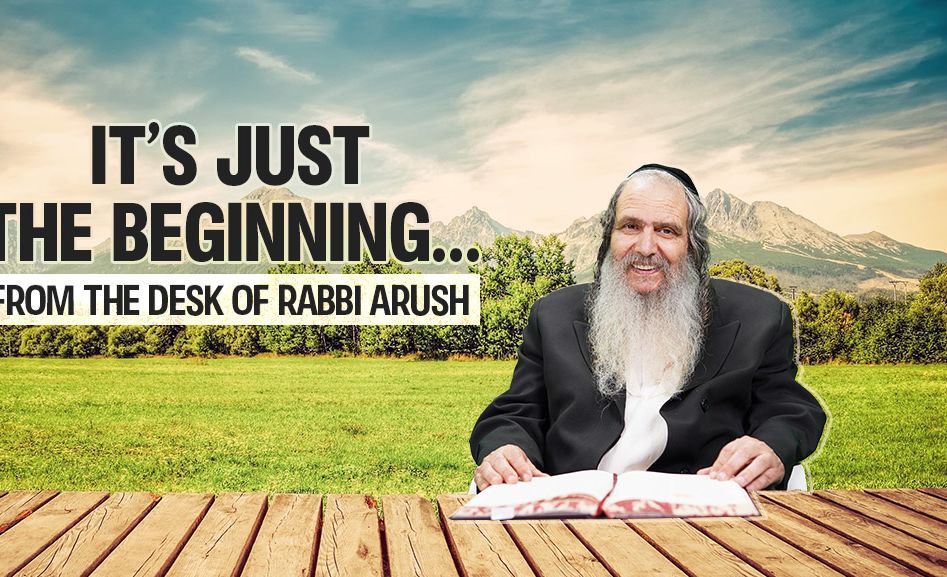
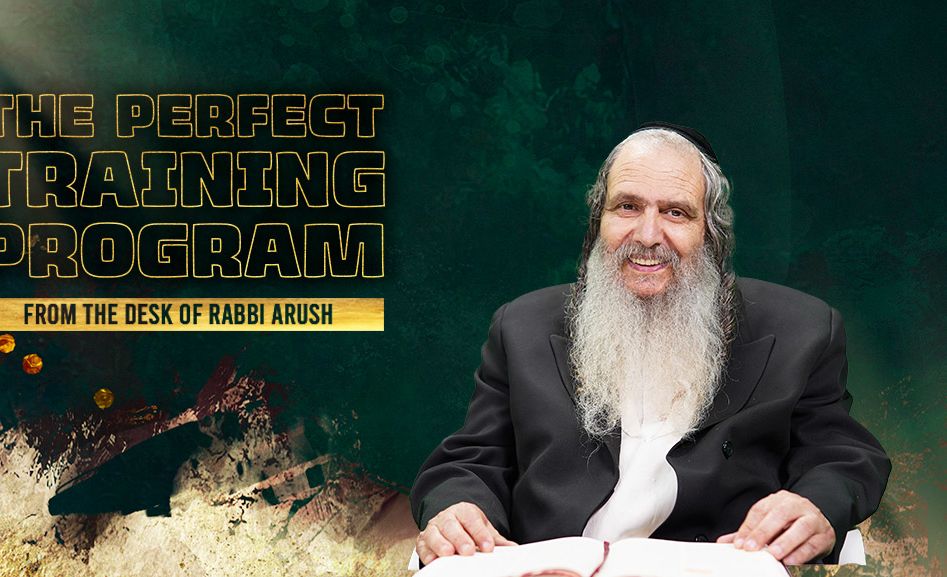
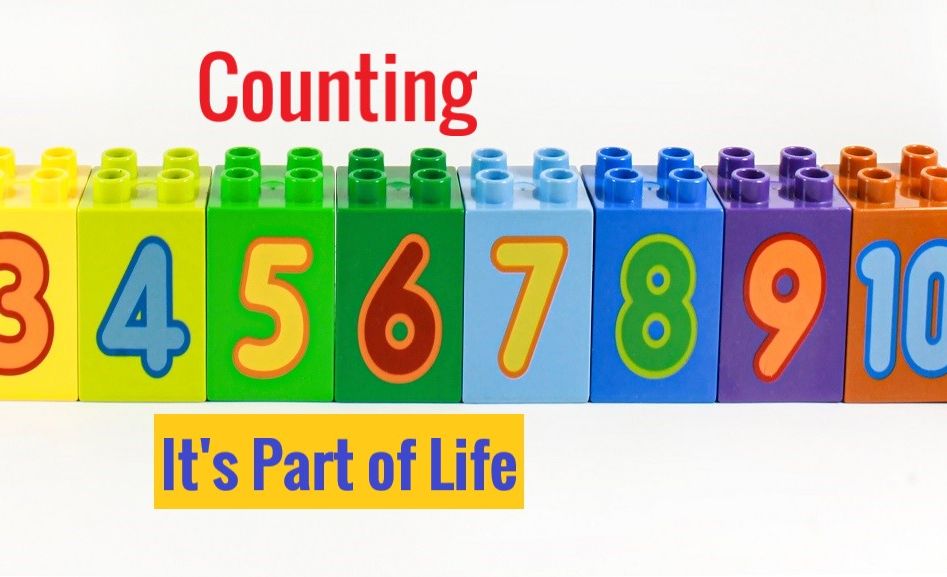
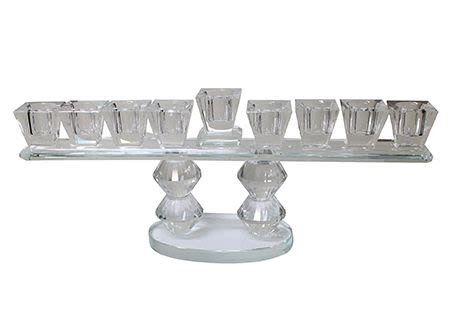
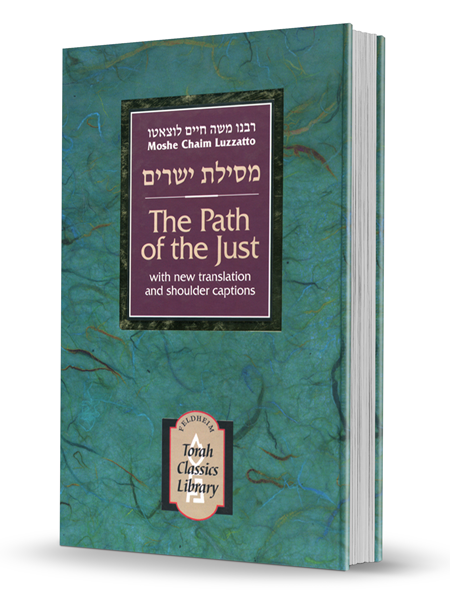
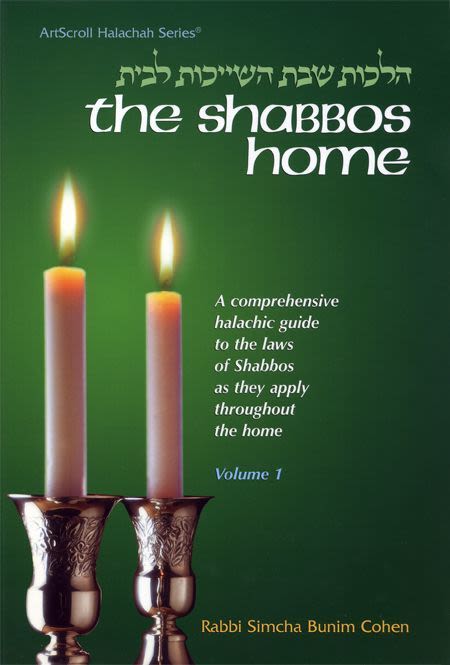
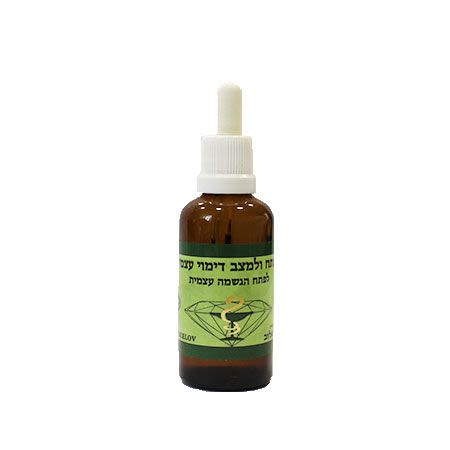
Tell us what you think!
Thank you for your comment!
It will be published after approval by the Editor.